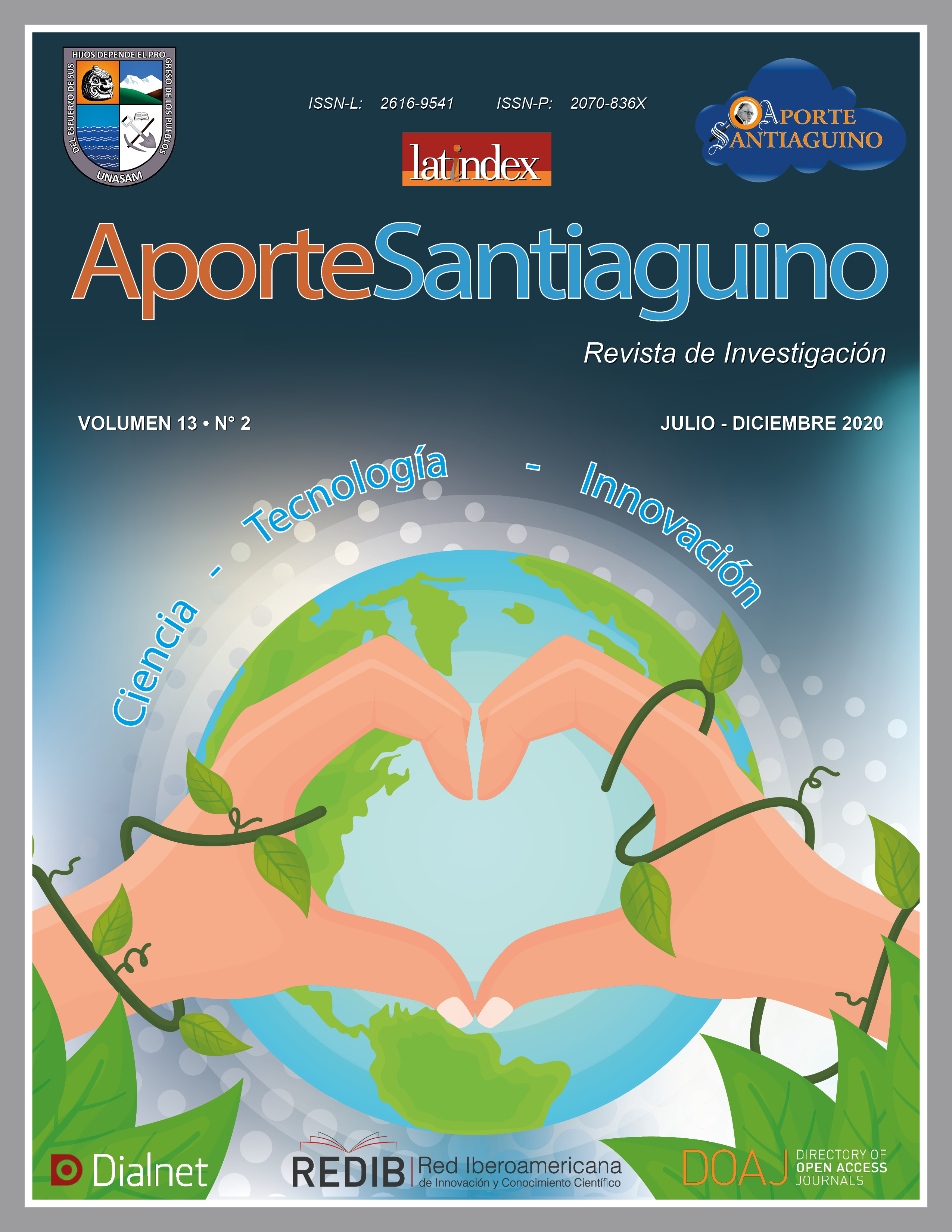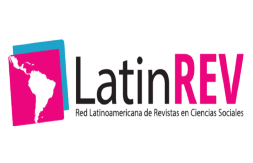Maderas nativas: Alternativa sostenible para fabricar cordófonos en Panamá
DOI:
https://doi.org/10.32911/as.2020.v13.n2.692Keywords:
Guitarra de cuerpo sólido, Guitarra semi hueca, Maderas locales, Uso sostenibleAbstract
String musical instruments or chordophones are present in various artistic and cultural expressions around the world. The electric guitar, popularized by the so-called guitar heroes, has had a rise and development in the manufacturing industry, which demands considerable amounts of wood; being alder, maple, mahogany, basswood and rosewood, the most commonly used. On the other hand, in Panama there are artisans, called luthiers, who have skills and abilities to make instruments of excellent quality; being feasible the use of local wood, as an alternative for this purpose. The objective of this work was to know the suitable native woods from Panama for chordophones manufacturing, as a sustainable alternative. For this, savannah oak (Tabebuia rosea) and purpleheart (Peltogyne purpurea), were chosen to make the body of a semi-hollow electric guitar; While, to make a solid-body electric guitar, we chose West Indian cedar (Cedrela tonduzii) for the body and neck, mango (Mangifera indica) for the body top and cocobolo (Dalbergia retusa) for the fingerboard, electronic and truss rod cover. Both electronics and hardware components were from quality brands. For the finish, in the semi-hollow guitar, it was decided to apply transparent lacquer, taking advantage of the natural coloration of the purpleheart; while for the solid-body guitar, the body top was dyed with a gradient from green to violet and the headstock with the front part in black. The results obtained were, in both cases, guitars of excellent sound and quality, being able to compare with high-end instruments offered by major brands. The use of native woods represents a saving in materials, sustainable use of natural resources and contributes to the development of national craftsmanship, with a potential market for artists and collectors.




















